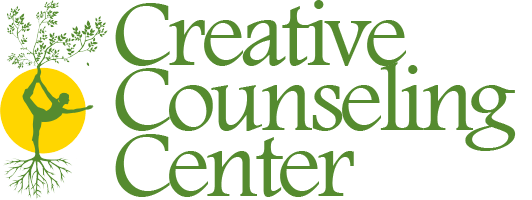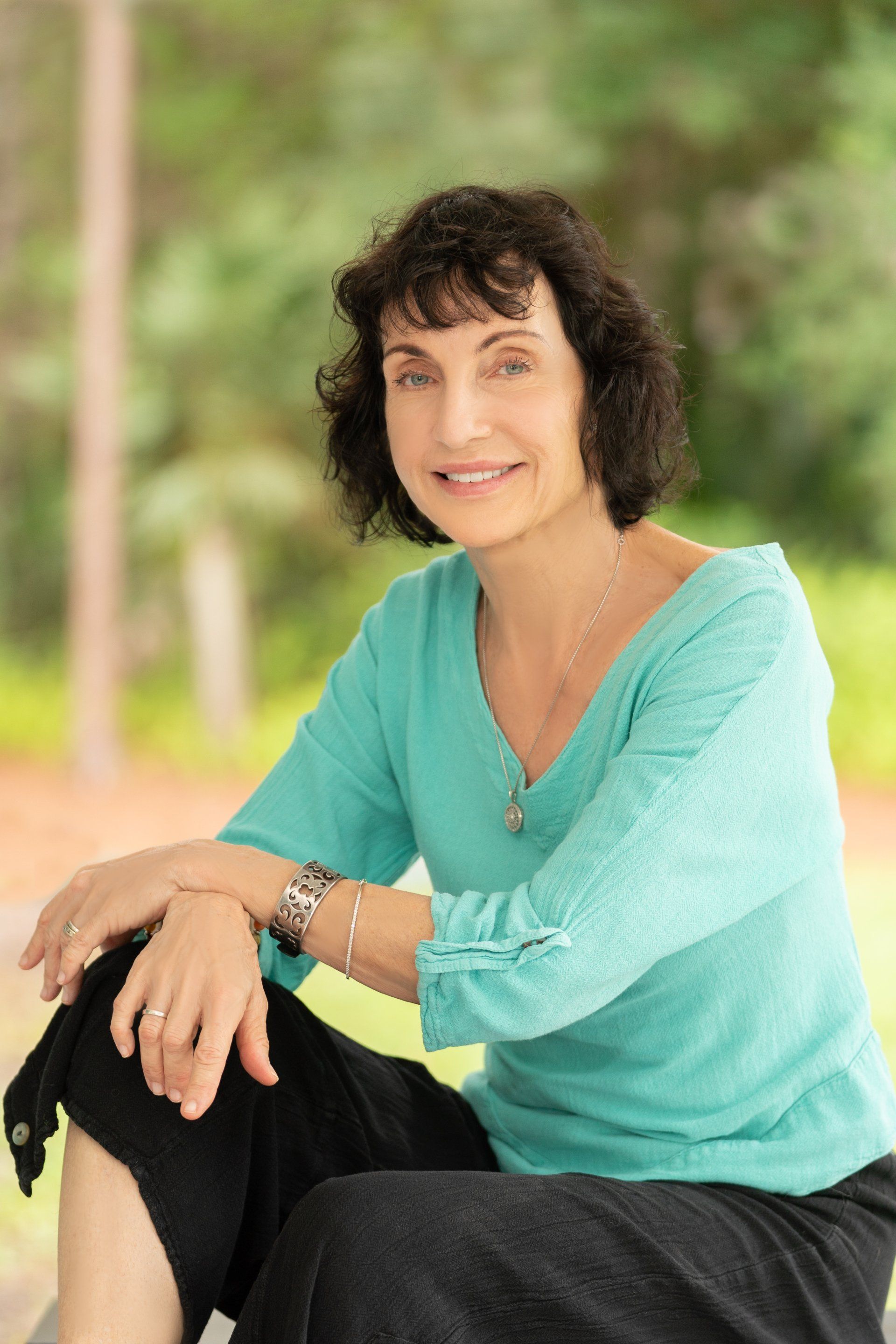-
Do You Accept Insurance for Your Services?
Unfortunately, because of changes in the isurance industry over the past several years, I DO NOT accept insurance for any service. I will give a receipt for services rendered, and each client is responsible for filing for their own insurance reimbursement.
-
What are your fees?
A one-on-one 55-minute psychotherapy session is $150.00.
Extended appointments (90 minutes) are $225.
Additional information on my fees can be found on my therapy service fees page.
-
How long and how many times a week is a typical counseling session?
Sessions are usually 55 minutes. Most clients are seen once or twice a week in the beginning, then, as time goes on, less frequently. The number of sessions depends on what your current needs are.
-
How long will I be in counseling?
The length of time a client is in counseling depends the nature of the problem and the goals of the counseling. Some clients have a very specific problem that can be worked through in a set course of counseling. For others, counseling is an on-going learning process and they choose to receive counseling for a longer period.
-
What if I want couples counseling, but my partner won't come?
Unfortunately, sometimes one partner is not as willing as the other to come in for counseling. However, we often find that it is possible to improve the relationship with just one person involved in counseling.
-
Do I need to take medications?
As a counselor and therapist, we are not legally allowed to prescribe medications. However, based on a joint assessment of problems you are facing, it may be advisable to consult with a psychiatrist to determine whether medication is warranted. Typically, clients see someone under their health insurance coverage or we can refer you to a psychiatrist.
-
What therapy approach(es) do you utilize? What issues do you specify treatment for?
The goal of therapy in every session is to meet the client where they are, offering Rogers’ unconditional positive regard. The treatment plan emerges through goals that are met with cognitive and cognitive behavioral objectives. Specific to crisis and stabilization within an out-patient environment, I am trained in an eye-movement modality, ART (Accelerated Resolution Therapy.) Certified in Imago Relationship Therapy, the modality offers an eclectic theory that may build a foundation of stability for conflict resolution for couples. Active substance use disorders and psychotic episodes are referred to in-patient addictions or psychiatric treatment.
-
How does one know if therapy is right for them?
Therapy is often recommended for individuals suffering from anxiety and/or depressive episodes. This occurs when social, economic and personal areas of life are impacted, when life changes, such as health challenges, a death in the family, or separation/divorce occur. Often, the support systems needed are not available, or seem helpful, to those suffering, especially their support has become ineffective.
-
What can one expect to gain from therapy?
Therapy is the identified space where change begins, and continues, where follow-through is essential. Talking is not enough, but it is the beginning, and the identifier by which action appears to be taken... or suspended. Each session builds on the one before, in terms of what was done (homework assignments or recommended community or group services) where interventions discussed, books to read or practice therapeutic behaviors accomplished…or what appears to block progress. The role of therapist is often a mirror held up to an individual to view, and review… to reinforce, or to redirect.
For example, in couples counseling, change occurs when becomes clear to each what action steps are needed. The therapeutic environment is an accountable one, where “a-ha’s” occur as each shift builds on what changes within – and around individuals, couples and families. In short: one gets from therapy what one puts into therapy; the accountability is on the person coming, as well as the therapist, to hold the space for change, to suggest as needed and to review what is or is not happening. Often, what does NOT take place is the shift that is necessary for change to happen…because the client become clear that their change is up to them. Easier written than lived of course, but Action + Awareness leads to external and internal changes.
-
What is unique about you as a therapist?
What appears unique about my role as therapist in people’s life is an unusual upbringing that provided a backdrop for my own education, therapy and discovery of where I fit in the world, as well as how to serve. Having lived six of the first twelve years of my life in Asian countries, “landing” in Central Florida in time for the 7th grade, I had conceptual exposure to learning, education and culture as a foundation. Jumping head into the role of adult, I learned how to “pace” myself for my role as Mother… having two daughters early in my twenties has been the best training for how to handle challenges… because I loved them enough to overcome any obstacle. As a result, I found my place as therapist quite naturally, thus, becoming my best self first for my daughters, then for my clients… and throughout that development, for myself.
-
What relationship exists between mental health and substance abuse?
Often a relationship DOES exist between mental health and addictions…or using substances abusively. A detailed history of each client’s psychiatric, social, and emotional, history is essential. Many young people appear to have substance use disorders, appearing to be addicted. It is not clearly diagnosable, however, grade, I had conceptual exposure to learning, education, and if a period of detoxification has not occurred. The question “what came first, the mental health issues, or the substance use?” is paramount…because of course, folks with substance abuse issues often have mental health, or co-occurring disorders. Because of my 25 years working both in mental health and addictions, I feel qualified to create a treatment plan with the client, often working with the families.
Vero Beach Counseling. Helen Jessup Murray, LMHC 1850 43rd Ave, Suite C-11, Vero Beach, FL 32960 (772) 770-4501
Vero Beach Counseling for Individuals, Couples, and Families. Helen Jessup Murray, LMHC 1850 43rd Ave, Suite C-11, Vero Beach, FL 32960 (772) 770-4501
Vero Beach's Creative Counseling Center
Where creativity offers a pathway to change
Listen to Helen's Interview on Treasure Coast Connector
on iHeart radio

Accelerated Resolution Therapy-ART- Brochure
ART for PTDS and Depression
ART Publication in Behavioral Sciences
Location & Hours:
Helen Jessup Murray, LMHC
Creative Counseling Center
1850 43rd Ave, Suite C-11
Vero Beach , FL 32960
United States
1850 43rd Ave, Suite C-11
Vero Beach , FL 32960
United States
Hours are By Appointment Only
(772) 770-4501
© 2026
Creative Counseling Center. All rights Reserved.
Insurance is not accepted. Please see fee information . Privacy Policy ADA Compliance





